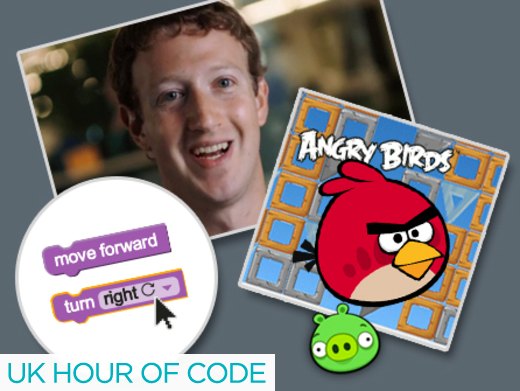It’s August and I have traded the office for mountains, beaches and the bike. The result is predictable; gone is the daily time compression, replaced by, I hope not an illusion, but a more expansive assessment of what we are about.
I muse about terminology and how change, gradually and imperceptibly, affects outcomes. An example is how we have moved from referring to “Pupils” as “Students” without, to my mind, consideration beyond feeling we owe those we teach a mark of respect. The former term implies a greater degree of controlling influence than the latter. I wonder if “Pupil” has really croaked and set to be expurgated at the next revision of the OED. Has the term some remaining resonance? I’m not recommending its use to preserve subservience, but we have to face facts; pupils, students, learners, irrespective of what we call them, need guidance from their teacher (I’m not going to perform the same rain-dance for the adults involved). If we use the term “Pupil” we accept a degree of responsibility for the usefulness of the guidance; the term “Student” implies a different relationship, in which the junior partner has some responsibility for determining the relevance of the guidance offered by the teacher. We usually concern ourselves with making sure that the material we use for guidance has a fine pedigree, probably related to what other interested parties tell us they want. Those having a beef about this include examination boards through their published guidance to their examinations, others in the school, usually further up the feeding chain, well-wishers from the local authority, parents and various strong arm moves from politicians and those carrying out inspections regimes. Whoever I list, you can certainly help me out by offering more, there must be a law stating the ratio between those advocating and those doing! Many schools try to go beyond these predictable groups and try to involve the young people themselves, “… here we are folks, just tick the box next to the statement which seems most relevant to you …”. Just as some in education refer to “Customers” and “Product” this seems to me to be misguided; we need to look elsewhere and this could be a very broad trawl indeed.
Perhaps this off season is the ideal time for considering what those in our charge need in life, what is really likely to improve their chances. We focus so much on the stages of academic progress, the stepping stones that we remember so clearly marked by our own wet feet, but very often it is the transition to a paid job that is the difficult one to pull off. Perhaps we could do some good by resisting the temptation to write yet another iteration of the scheme of work and instead consider where the class of 2012 is going.
John Giles


